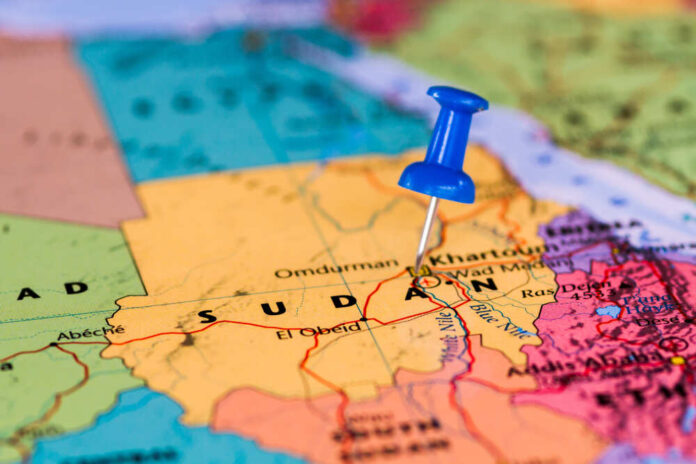
The geopolitical landscape of Africa has taken a dire turn, with Sudan’s escalating tensions reaching a critical point. U.N. Secretary-General Antonio Guterres warned that Sudan is teetering on the precipice of a “full-scale civil war” as clashes between rival generals continue to shake the capital, Khartoum.
The conflict stems from internal power struggles within Sudan’s military establishment. The strife between military chief Gen. Abdel-Fattah Burhan and Gen. Mohammed Hamdan Dagalo, commander of the paramilitary Rapid Support Forces (RSF), erupted into open conflict in mid-April. The fight has been relentless and deadly, with Sudan’s Health Minister, Haitham Mohammed Ibrahim, reporting more than 3,000 deaths and over 6,000 wounded.
U.N. Secretary-General Antonio Guterres said Sudan was on the brink of a "full-scale civil war" as fierce clashes between rival generals continued unabated Sunday in the capital, Khartoum. https://t.co/bX45wnoQvn
— The Washington Times (@WashTimes) July 9, 2023
Perhaps more striking, the conflict’s impact on civilians is colossal. As the violence intensifies, homes have become danger zones, forcing more than 2.9 million people to seek refuge in safer areas within Sudan or neighboring countries.
This violence marks a severe setback for Sudan, crushing hopes of a peaceful transition to democracy. After a popular uprising ousted longtime autocrat Omar al-Bashir in April 2019, the ensuing military coup led by Generals Burhan and Dagalo dashed the Sudanese people’s aspirations for democratic governance.
Urban areas across the country, including Khartoum, now resemble battlefields, with heavy weapons echoing in the heart of residential neighborhoods. Eyewitness accounts detail a horrifying scene in the Kalaka neighborhood, with military aircraft ominously hovering above.
Tensions reached a new high as an airstrike killed at least 22 people in Omdurman, a city just across the Nile from Khartoum. Despite the RSF accusing the military of the assault, the military has vehemently denied these claims. Regardless of responsibility, this deadly attack represents one of the gravest incidents in the ongoing conflict.
On the international stage, the violence in Sudan could destabilize the entire region. An ethnically driven component of the war is taking root, particularly in Darfur, where RSF and Arab militias reportedly target non-Arab tribes. This tribal violence mirrors the brutality of the Darfur conflict of the early 2000s, raising fears of history repeating itself. Moreover, towns and villages in West Darfur have been overtaken by the RSF and their allied militias, forcing thousands of inhabitants to flee to neighboring Chad.
With clashes also reported in North Kordofan, South Kordofan and Blue Nile, it is evident that the conflict is rapidly spreading across Sudan. A failure to address this swiftly could result in serious global ramifications.
Secretary-General Guterres’s condemnation of this violence highlights an international concern about Sudan’s stability. He says, “There is an utter disregard for humanitarian and human rights law that is dangerous and disturbing.”
Nevertheless, international efforts to end the violence persist. A meeting hosted by Egypt will seek to establish “effective mechanisms” to facilitate a peaceful resolution to the conflict. However, as previous peace talks in Jeddah, brokered by Saudi Arabia and the United States, have failed to halt the violence, the path to peace remains uncertain.














